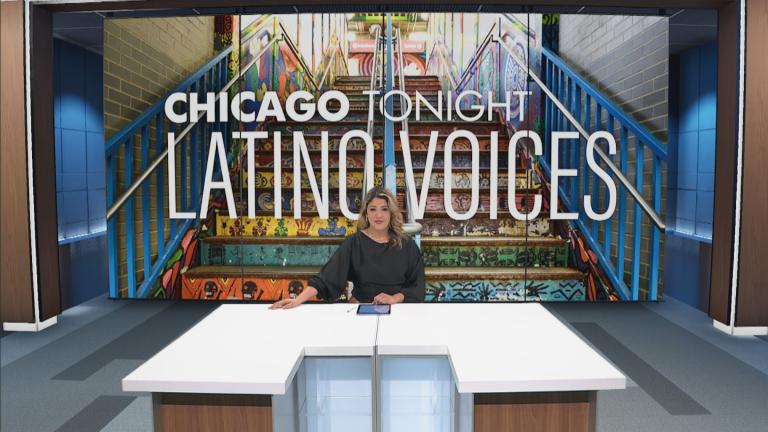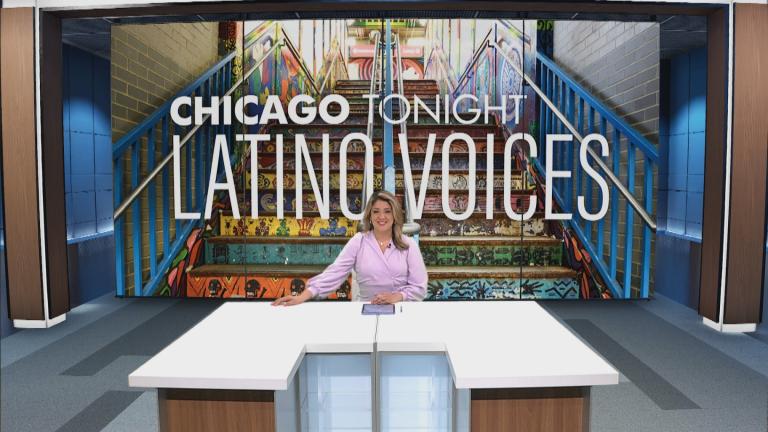The future of abortion rights is uncertain after the Supreme Court’s ruling overturning Roe v. Wade.
The decision has led to ongoing protests nationwide as states swiftly enact abortion bans and restrictions. Questions remain about how the bans will be enforced and the impact on people seeking safe abortions.
“I think for us, it directly makes us think about what we need to do to educate our population about how important it is to live in a state where we protect this right,” said Linda Tortolero, president and CEO of Mujeres Latinas en Accion. “I think it’s also critical that we make sure that our families understand that our children, our relatives out of state, may come to us seeking an abortion because Illinois is a safe haven for those that want not only abortion but other access to reproductive health.”
Advocates for women’s health also say restricted access to abortion will impact people of color disproportionately.
“No conversation can be had about the reversal of Roe without discussing the intersection of poverty, education, access and racism and the multifaceted health disparities that women of color already face today,” said Felicia Davis Blakley, president and CEO of Chicago Foundation for Women.
Now that abortion regulations are up to the states, many people seeking an abortion may choose to travel to a state where it is legal. Legal experts expect states with bans to enact laws that would criminalize people crossing state lines.
“I think it’s near certain that states are going to at least attempt this, now whether they do so successfully is really a different question. The Constitution protects travel in a variety of ways. Justice Kavanaugh actually specifically references this in his concurrence saying that he didn’t believe that such regulations were constitutional, but the various ways that the Constitution protects travel are not that well understood,” said Noah Smith-Drelich, assistant professor of Law at IIT Chicago-Kent College of Law. “So, I do expect to see a lot of attempts made to criminalize or otherwise burden travel for purposes of getting an abortion, and I expect to see a lot of litigation over those things.”
Along with the right to travel expected to be challenged, legal experts expect other rights like same-sex relations and marriage, and contraception access to be on the table for reconsideration, despite some justices saying they’re not in danger.
“Well the assurances that they’ve made in the past have not held up, so everybody said that Roe v. Wade was settled law and then once they got on the court, I guess they had their fingers crossed behind their back when they said that because they paid no heed to that whatsoever,” said Steven A. Ramirez, professor of law at Loyola University Chicago.
With abortion protections remaining in place in Illinois, the state is expected to become a safe haven for those seeking safe abortions.
“Planned Parenthood has understood that this could possibly happen for some time, and they’ve really been a leader in preparing as they could, and other providers of abortion access and reproductive health have also been ramping up efforts to build clinics and expand staff as quickly as they can,” said Tortolero.








